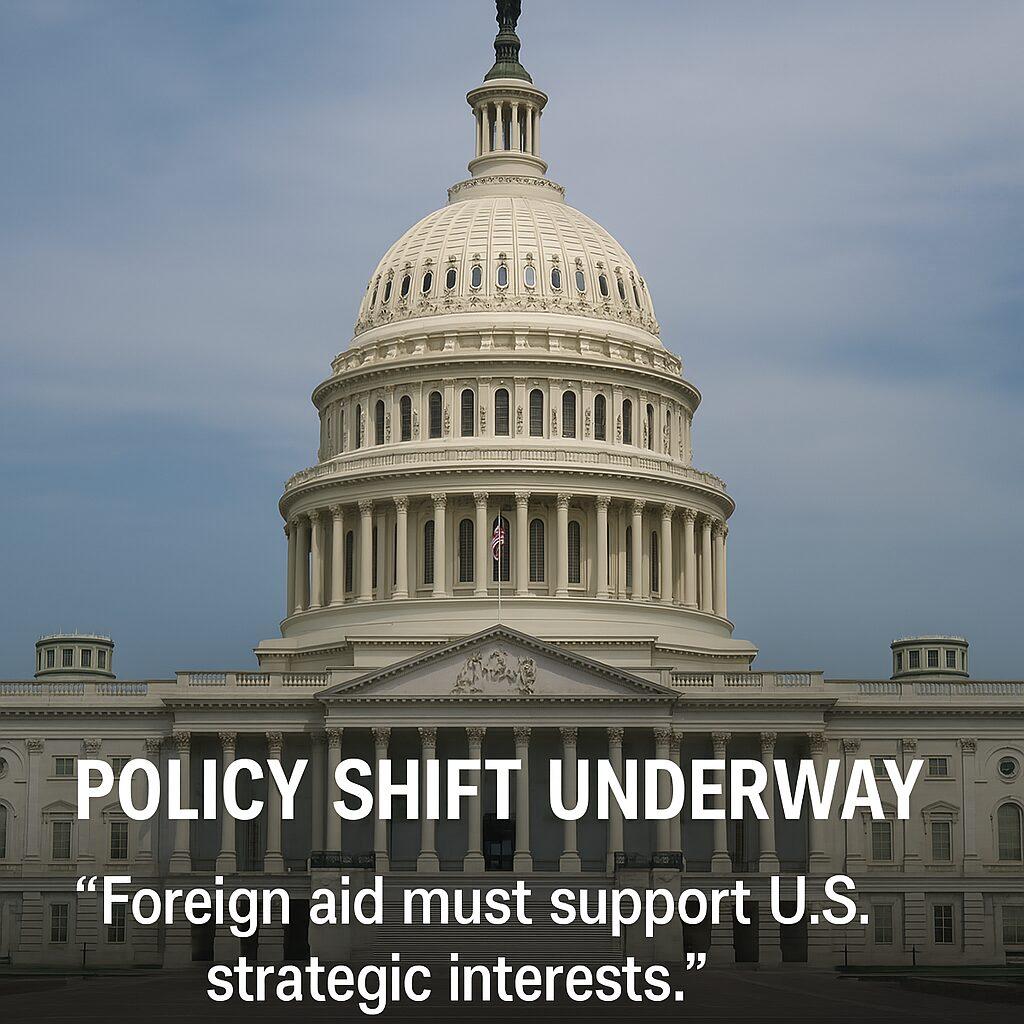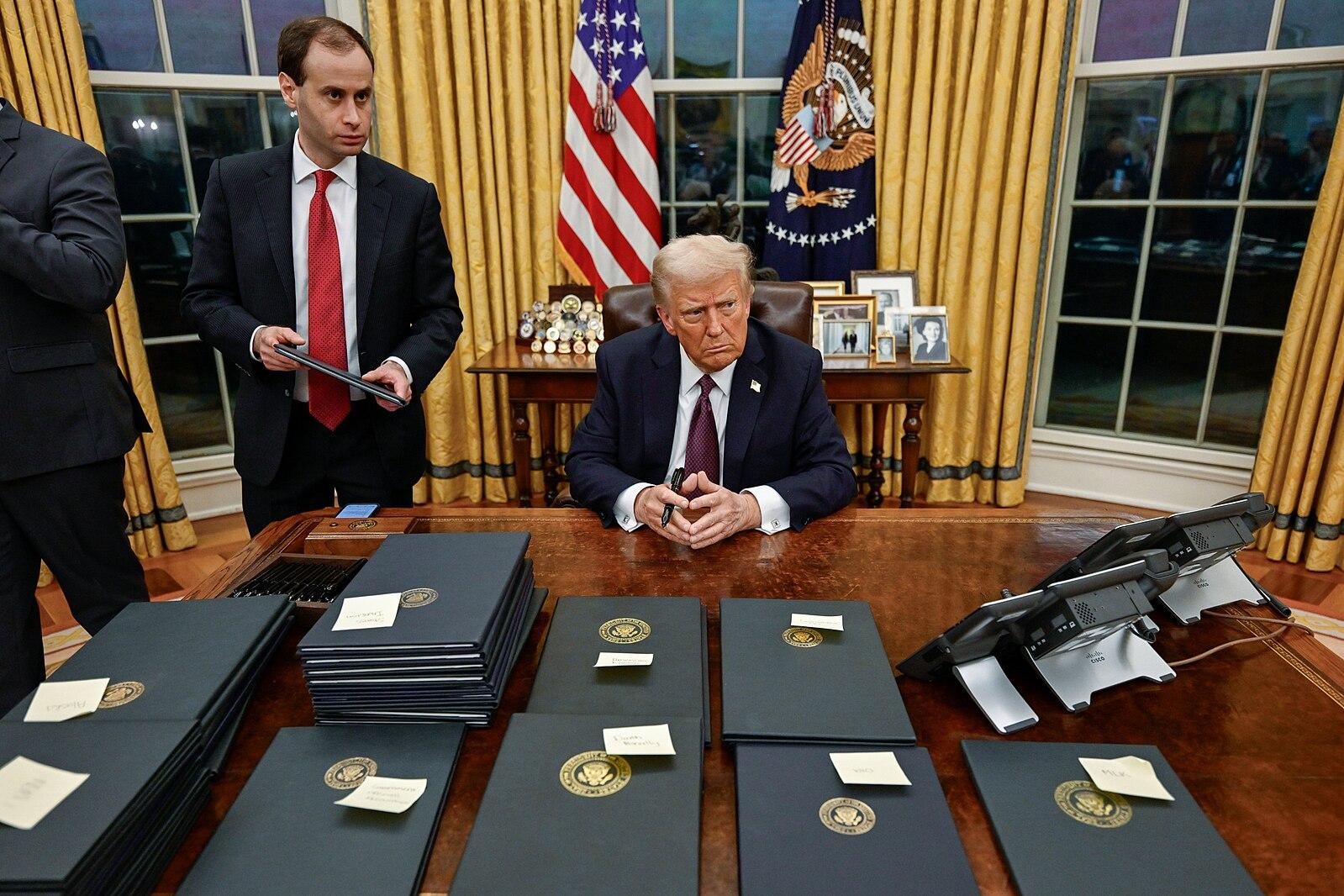FILIPINO-American leaders and organizers nationwide applauded a new bill proposed in Congress that would amend the Immigration Act of 1990, which helped lead to the naturalization of Filipino World War II veterans, but did not apply for their spouses and children.
The summary for the bill reads briefly: “[HR 483] Amends the Immigration and Nationality Act to exempt from worldwide or numerical limitations on immigrant visas the sons and daughters of Filipino World War II veterans who were naturalized under the Immigration Act of 1990 or other specified federal law.”
The National Federation of Filipino American Associations (NaFFAA) commended Congressman Mark Takai (D-Hawaii) for introducing the new bill, known as the Filipino Veterans Family Reunification Act of 2015 (HR 483).
“We thank Congressman Takai for resuming previous efforts to reunite Filipino veterans with their families, many of whom have been waiting for more than 20 years to obtain a green card,” said NaFFAA National Chair JT Mallonga.
“Because of numerical limits in the 1990 law, children of Filipino WWII veterans have had to wait up to 23 years to come to the US,” Mallonga added, also thanking Rep. Joseph Heck (R-Nevada) for co-sponsoring the measure with Rep. Takai. “Our veterans are in their late 80s and early 90s and being separated from their loved ones is a big sacrifice.”
“We hope Congress will act on this bipartisan bill soon, as a humanitarian gesture and as a way of thanking our veterans for their own sacrifice and service during the war.”
Rep. Takai, who introduced the bill to the House of Representatives, on Jan. 22. said in a statement at the Veterans Hall in Honolulu, “I chose this bill as my first to introduce in the new Congress for two reasons. First, to make good on our obligation to take care of our Filipino veterans of World War II by helping them to reunite with their children. And second, to make good on my promise to work in a bipartisan manner with my colleagues across the aisle on issues where we find common ground.
Takai is reportedly a member of the Hawaii National Guard, who received the backing of veterans groups in his run for Congress last year.
The OCA – Asian Pacific American Advocates also issued a release applauding their support for Rep. Takai’s legislation and what it does for Filipino-American families.
“We commend Congressman Mark Takai for introducing the Filipino Veterans Family Reunification Act of 2015 and for his leadership in reaching across the aisle,” said Ken Lee, OCA National CEO. “These veterans risked their lives to serve our country, and yet, we’ve denied them the simple joy of having their family near. Our Filipino veterans have waited long enough to be reunited with their immediate family members. This bipartisan effort is a great first step, and we look forward to more bipartisan efforts on immigration reform from the 114th Congress.”
Earlier last year, US Senators Dean Heller (R-Nev.) and Mazie K. Hirono (D-HI) joined with Congresswoman Grace Meng (D-NY) to reintroduce a similar measure in Congress, the Filipino Veterans Promise Act to Congress. The bipartisan legislation will establish a process for all eligible Filipino veterans, who fought freely alongside US troops, to receive compensation for their service to the nation during World War II.
The act would direct the Department of Defense and the Department of Veterans Affairs to consult with military historians and establish a process to determine whether certain individuals might qualify for government benefits and compensation they were promised.
About 4,000 veterans whose claims were rejected through the Promise Act have appealed to the Veterans Administration. They maintain that their rejection was based on unfair procedures in determining service eligibility.
The US Department of Veterans Affairs website maintains respect and honor for Asian Americans and Pacific Islanders who have served courageously in any war. The White House has supported Fil-Am veterans previously through the American Recovery and Reinvestment Act (2009), which authorized a one-time, lump-sum payment made by the affairs department to eligible Philippine veterans.
However, the success of that act has not been determined, and thousands upon thousands of claims have been denied equity compensation. According to the data from the Center for Minority Veterans, only 474 appeals were granted after over 4,500 were submitted for payout as of September 2014. The grant rate, according to the numbers, remains at 10.41 percent.
Fil-Am veterans advocates are also working on a separate issue which would secure a Congressional Gold Medal Award for Filipino veterans who served between December 1941 through July 1946, as members of the US Armed Forces of the Far East (USAFFE), Philippine Scouts or guerillas.
(With reports from Inquirer, Honolulu Civil Beat, and the Library of Congress)
(www.asianjournal.com)
(LA Midweek February 18-20, 2015 Sec. A pg.1)




